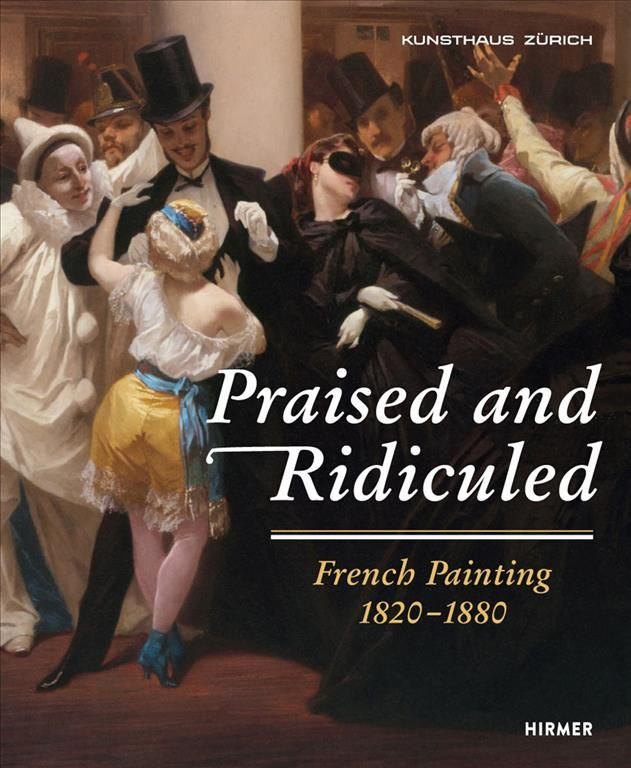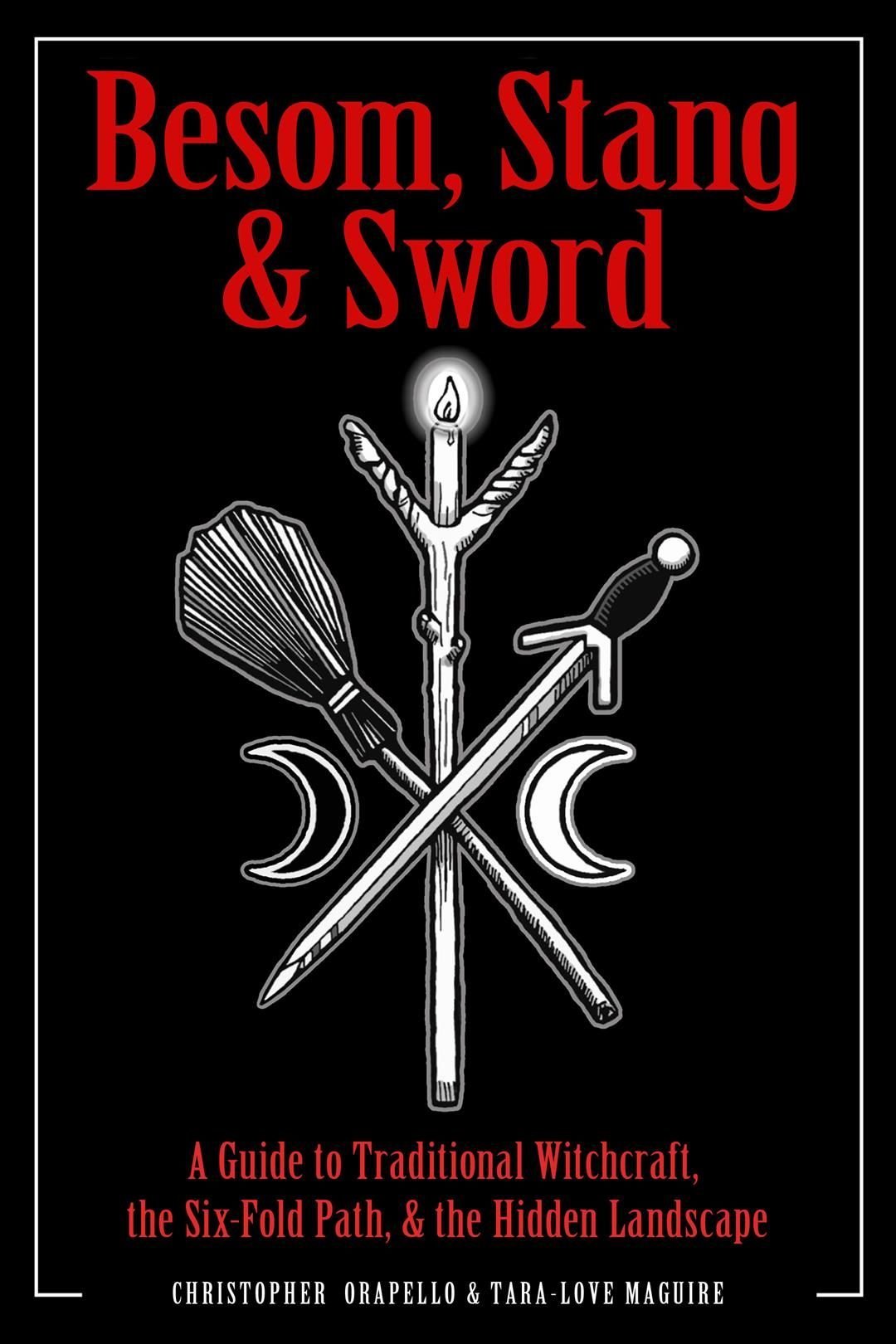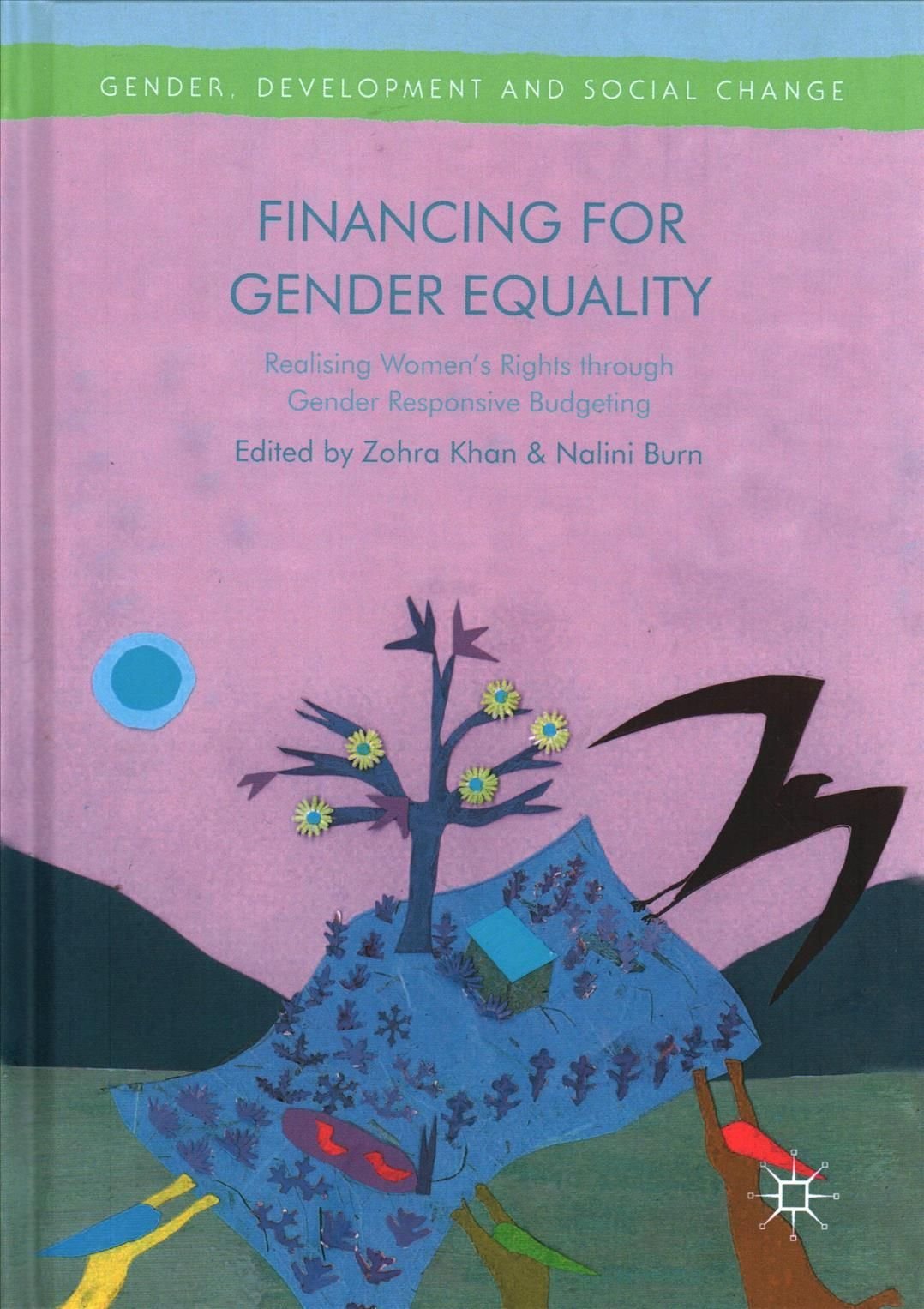Over the course of the last century human rights have served as the pre-eminent currency of neo-liberal discourses and correspondingly informed the construction of the individual as a legal and political subject. This has been the case notwithstanding that the fundamental paradox of individual rights-as universal and inalienable attributes of human being that depend integrally upon the political and legal frameworks of the nation state for their recognition-perpetually reveals the contingency and frailty of modern human rights, whether in terms of their conceptualisation, application or enforcement.The pervasiveness of this form of subjectivity, and its influence upon both national constitutions and the emergence of international legal institutions, suggests the need to investigate not merely the more conventional histories of human rights-as a product of post-Enlightenment liberal theory and the international legal order of sovereign states-but also the pre-historical formation of the individual as an inherent bearer of rights. In order to chart a genealogical history of the relationship between rights and subjectivity, this study brings together an analysis of key doctrines and concepts, such as sovereignty, jurisdiction, democracy, natural rights and freedom, and an examination of certain historical narratives-the theological-political model of sovereignty during the Middle Ages; the development of feudal rights as dominial and individual liberties; the role of the text and the concepts of public law and property in Medieval Roman and Canonical jurisprudence; and, the theological and humanistic philosophical discourses on natural law and personal liberty.












